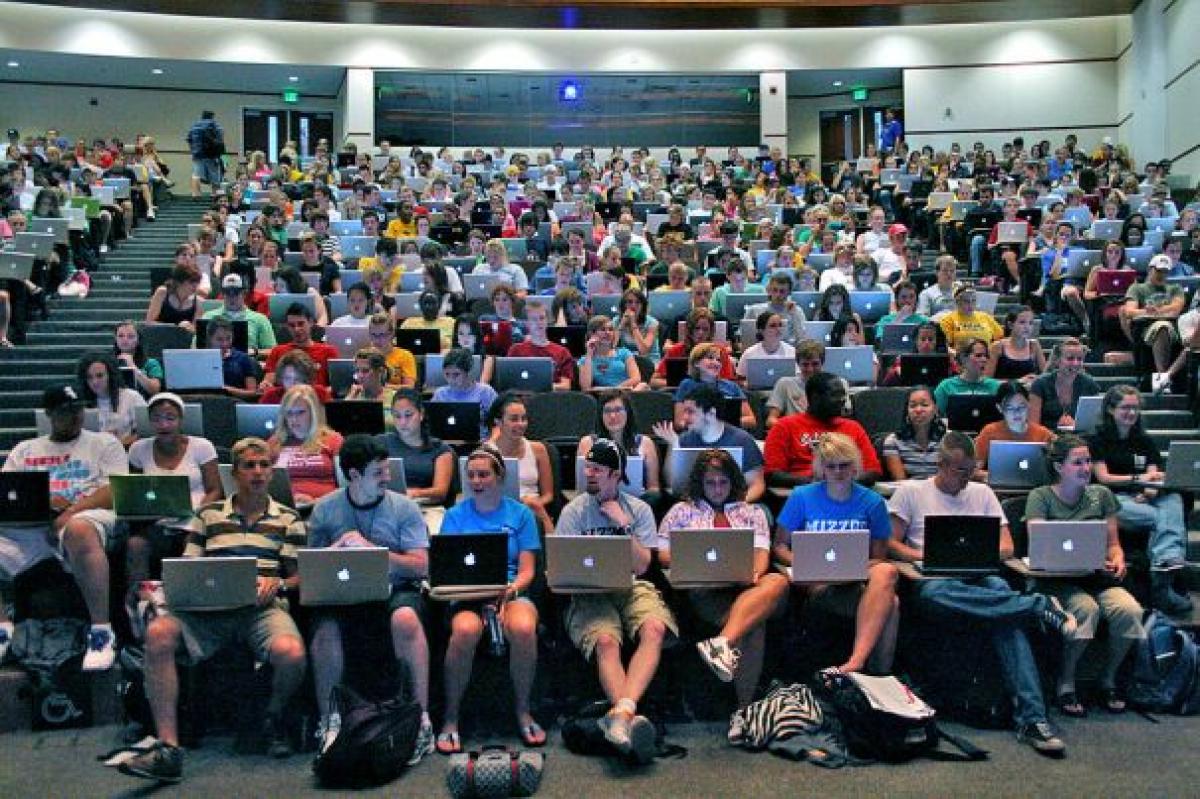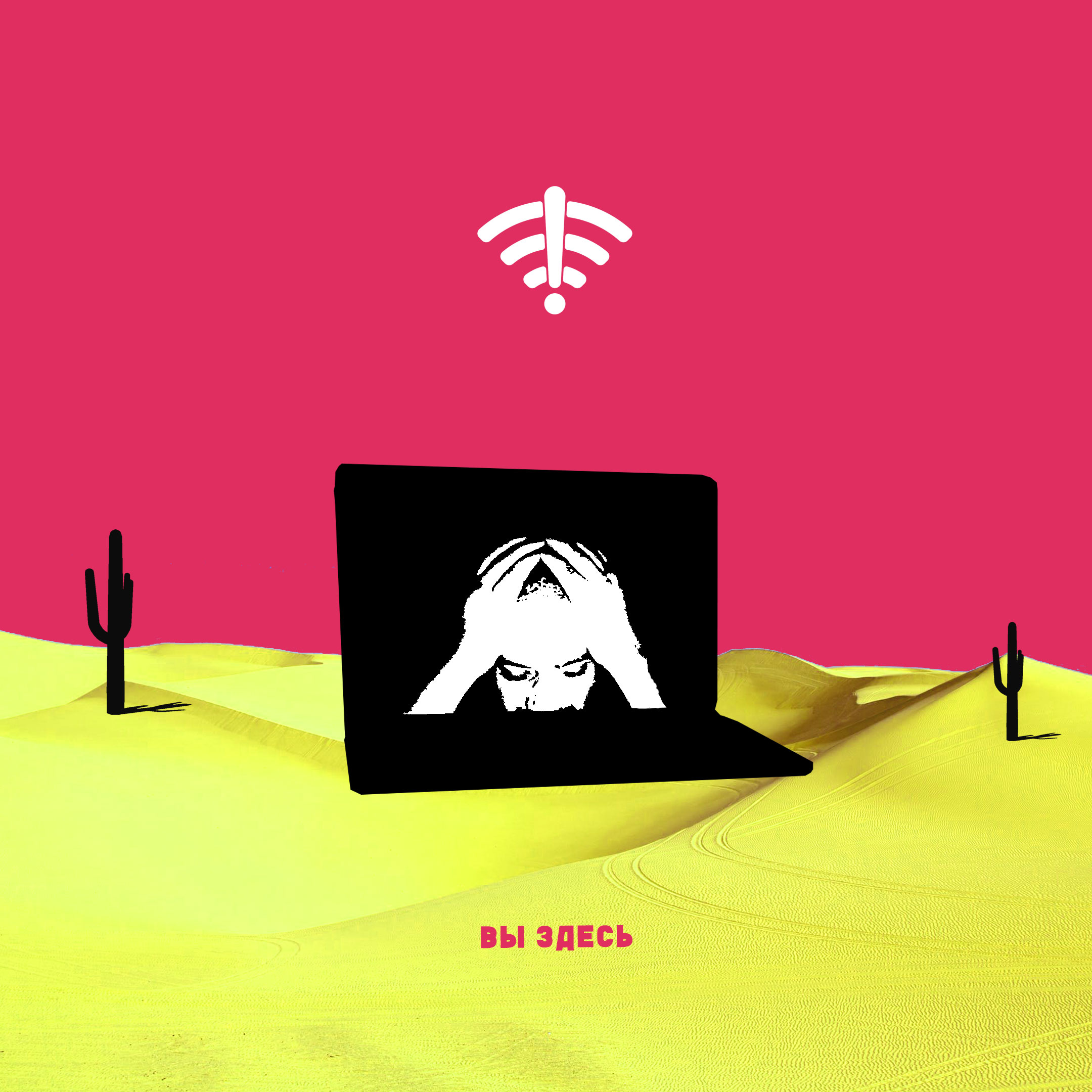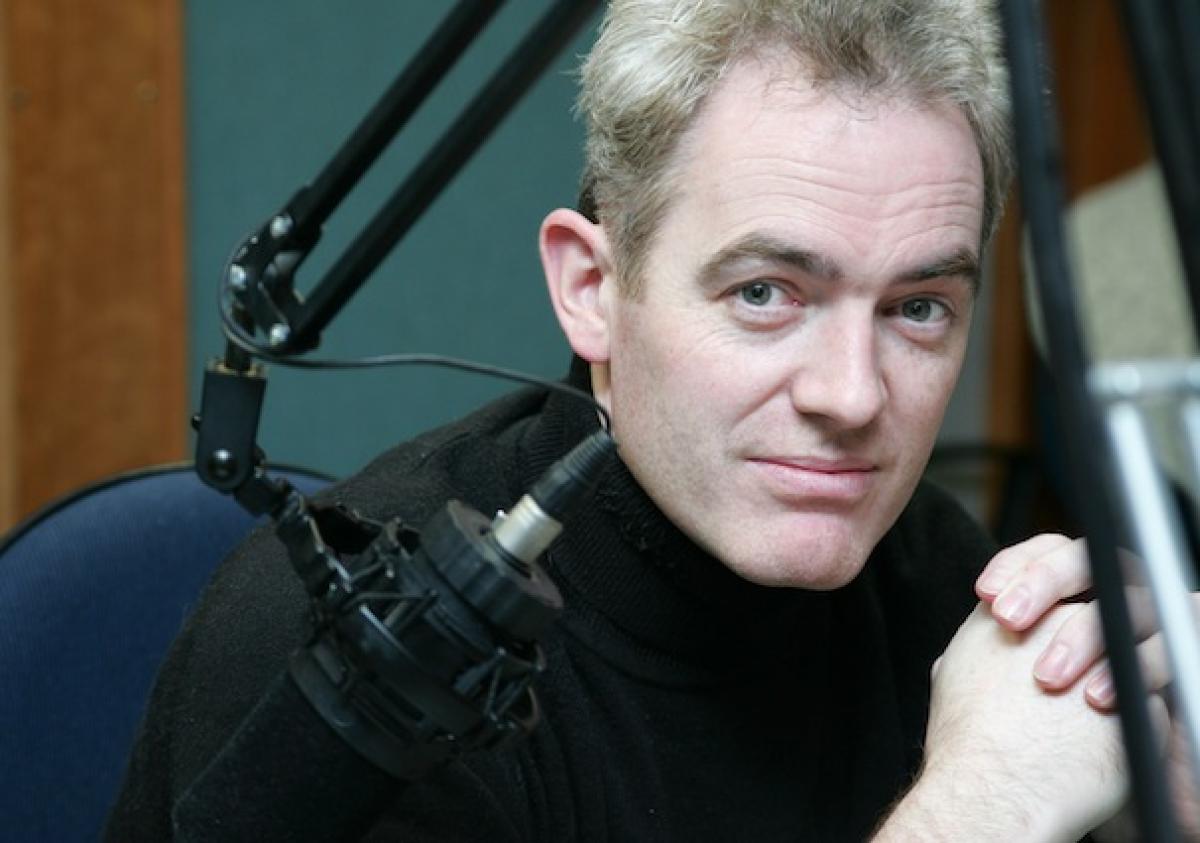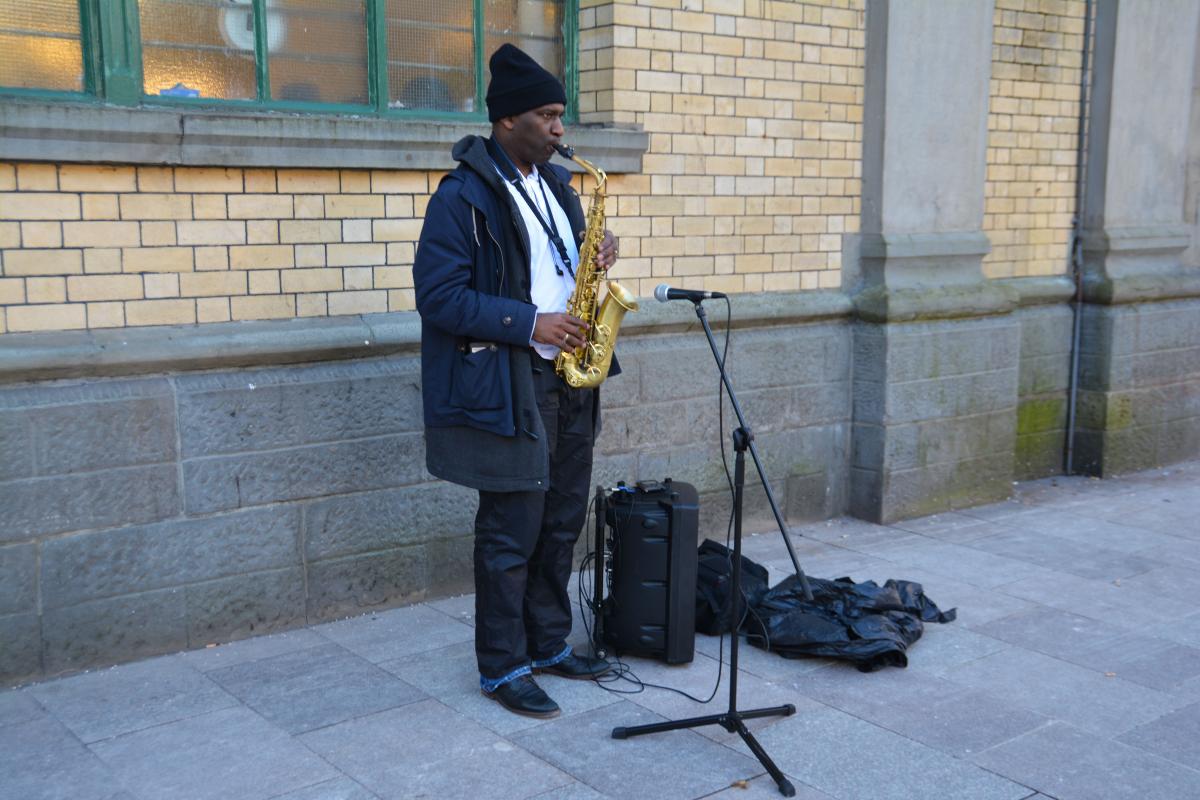
Escaping Loneliness Online
The digitalization took away the centralized power of the music industry, but for some people it also became a secret tunnel out of prison. For the underground music scene in Cairo, digitalization was an avenue of freedom – well, at least for a while. From the Norient book Seismographic Sounds (see and order here).
The world we lived in before the Internet was a calmer, less lonely one. Growing up in Toronto, I am of the generation that was sheltered from most of the hardships taking place in other countries; our minds got a glimpse of the lives of others only through what was seen on TV, read in newspapers, or heard on the radio. Then with the Internet another world became possible. In this digital sphere, information was delivered in real-time and relationships multiplied as social circles became more complicated – we were no longer citizens of a state; rather, we became individuals in a world not governed by the politics of states. Digitalization gave us more than we could have imagined.
Music was no longer limited to what MTV gave you or what you heard on local radio stations. In the online world, music was not constricted by how much money you had to buy an album. The monopolies of the music industry fragmented as digitalization took away centralized power from the «rich men in suits». More importantly, for many places the digital world became a secret tunnel out of prison. In Egypt, where I eventually moved, corruption controls the industry, monopolies limit access, and governments violently stand watch on artistic expression – digitalization was a vital avenue of freedom.
Cairos Wild «Scene»
Since 1952, Egypt has been ruled by consecutive military presidents. They developed infrastructures of control, including the police and state censorship, with the philosophy that freedom must always be the prisoner of the state and any public expression, including artistic, needed to align with the president’s will. It wasn’t always consistently authoritarian. There was a time when musicians from around the world would come to Cairo because it had a wild «scene» – the Grateful Dead recorded a full live album at the pyramids and live rock events filled stadiums.
In those fleeting instances of freedom, Cairo came alive because people were out enjoying all kinds of live music together. However, as with every wave of musical invention and progress that was about to peak in Egypt, it was accompanied by a wave of government suppression, driving artistic expression to silence. After decades of tyranny, the artists of my generation didn’t require the government’s watchdogs because they quietly and silently applied self-censorship. Even in music, one of the greatly respected and supported arts in Egypt, expression was limited as diversity represented a threat.
The Revolution and the Hangover
With the Internet in Egypt came new possibilities for younger generations of musicians and life became less lonely. With the opening up of a few private venues in Cairo, musicians in the independent scene began supporting live performances with a digital presence to reach bigger audiences. Digitalization also allowed for a sense of freedom from state control – not just in the creative aspect, but on the resource level, too, because musicians could now create, develop music, and connect to markets without having to depend on the government. And it all seemed okay, for a while.
A revolution took place and after a brief moment of hope, the military dictatorship returned. With it came the government watchdogs and the closing of many venues. Musicians again found themselves in a very secluded space. An uneasy balance developed between digital freedom – which allowed musicians to produce, develop audiences, and create new access points for themselves and their music online – and the return of the prisons of the state because in live shows they were forced to express only what is considered «acceptable». This paradox is the deceiving aspect of the digital sphere: it is a space to create and become; you can put out anything and be anyone you want without rules or restrictions. Yet, it makes for a lonely place because it can’t be a substitute for the human connections that you can only really have in the world outside of computer screens and mobile keys.
The text was published first in the second Norient book Seismographic Sounds.
Biography
Shop

Published on February 23, 2018
Last updated on April 10, 2024
Topics
From political music in the GDR, the trouble of punk musicians in China and the dangerous life of kurdish folk singers in Turkey.
From Bangladeshi electronica to global «black midi» micro scenes.
Loneliness can feel like isolation, but can also be a positive solitude by keeping distance from the worlds’ chaos.
Special
Snap


